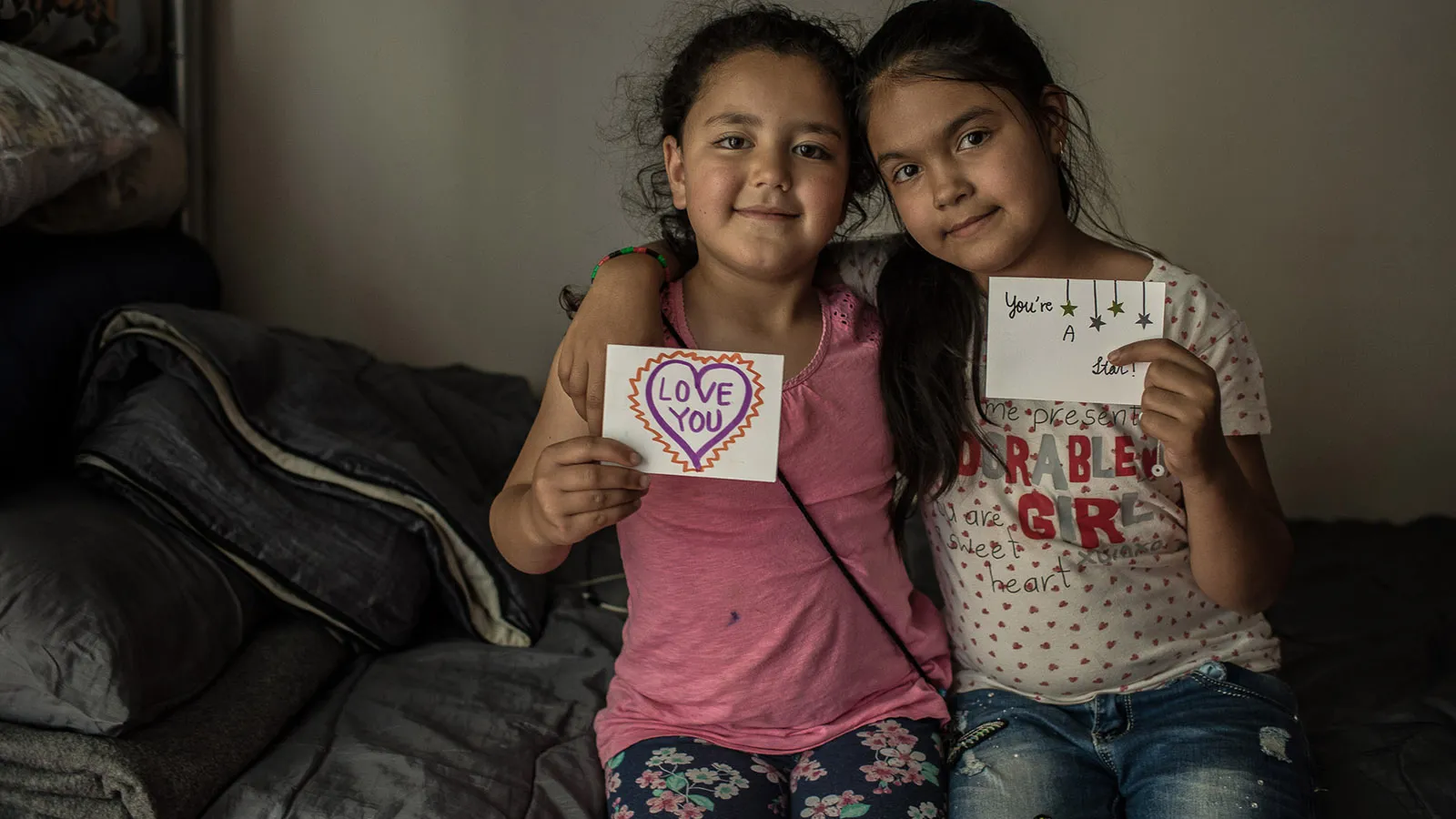Thanks for considering becoming a CARE Letters Of Hope Classroom! We’ve developed this curriculum as a way to build understanding, empathy and connections between American students and young refugees around the world. We hope you will find it thorough, informative and inspiring as you and your students create a foundation on which to better understand human rights and a global crisis that today finds more than 65 million people forcibly displaced from their homes and countries.
From this page, you can download lesson plans aimed at middle-school classrooms.

